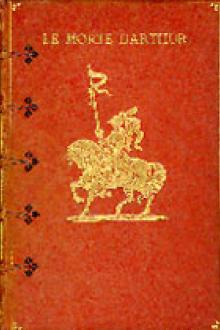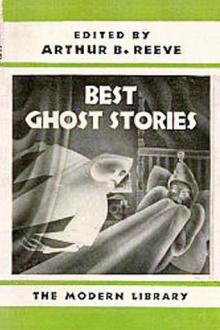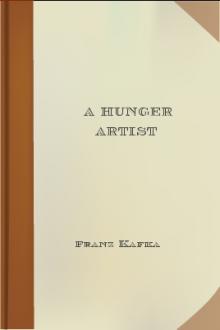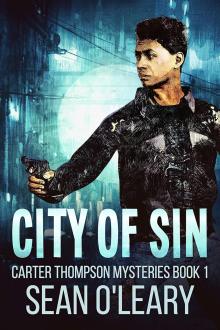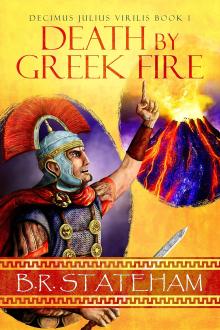In the Penal Colony
In the Penal Colony
This translation, which has been prepared by Ian Johnston of Malaspina University-College, Nanaimo, BC, Canada, is in the public domain and may be used by anyone, in whole or in part, without permission and without charge, provided the source is acknowledged, released October 2003.
Book Excerpt
tically in such a way that it touches the body only lightly with the needle tips. Once the machine is set in this position, this steel cable tightens up into a rod. And now the performance begins. Someone who is not an initiate sees no external difference among the punishments. The harrow seems to do its work uniformly. As it quivers, it sticks the tips of its needles into the body, which is also vibrating from the movement of the bed. Now, to enable someone to check on how the sentence is being carried out, the harrow is made of glass. That gave rise to certain technical difficulties with fastening the needles securely, but after several attempts we were successful. We didn't spare any efforts. And now, as the inscription is made on the body, everyone can see through the glass. Don't you want to come closer and see the needles for yourself."
The Traveler stood slowly, moved up, and bent over the harrow. "You see," the Officer said, "two sorts of needles in a multiple arrangement. Each long needle has a
FREE EBOOKS AND DEALS
(view all)Popular books in Fiction and Literature
Readers reviews
4.5
LoginSign up
A foreign traveler to an island penal colony is invited to watch the execution of a stupid, insubordinate soldier by a machine which will essentially tattoo him to death.
A bizarre and horrifying story about the grotesque things power allows people to do.
A bizarre and horrifying story about the grotesque things power allows people to do.
- Upvote (0)
- Downvote (0)
Read this short story by chance after reading Kafka on the Shore which makes a passing reference to it. Something about it makes me think I'll return to it, full of ambiguity and a little disturbing but worth reading if you like to think about society, greed and desire for change, often at a cost.
08/02/2011

 Free Download
Free Download















